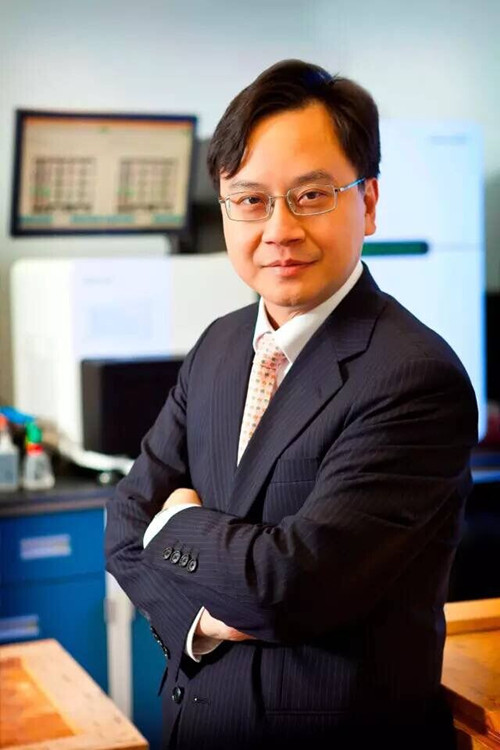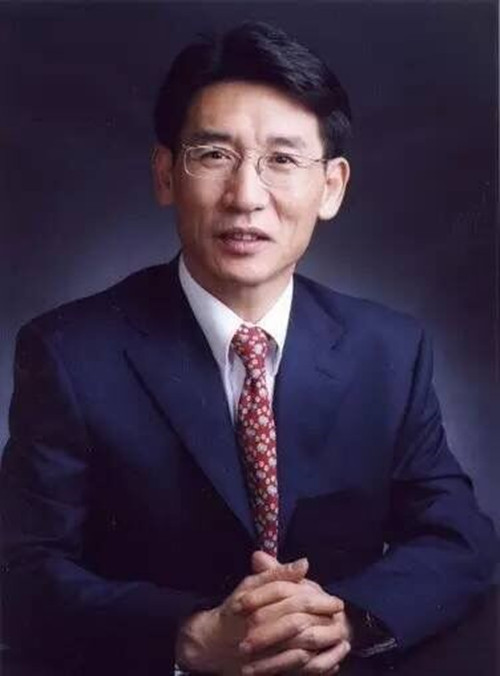First winners of 'China's Nobel' prize announced
 |
|
Dennis Lo Yuk-ming. [Photo/cuhk.edu.hk/] |
A nine-member judging panel has selected two first winners of the country's first non-governmental science award with a million-dollar prize, the sponsor of the honor Future Forum announced Monday afternoon.
Dennis Lo Yuk-ming, professor of chemical pathology at the Chinese University of Hong Kong, and Xue Qikun, a physicist at Tsinghua University, respectively won the Life Science Award and the Materials Science Award, two categories of the Future Science Awards that was initiated in January by a group of Chinese scientists and business leaders of the Future Forum.
Dennis Lo Yuk-ming, 52, a DNA research scientist, has been awarded for his seminal contribution to the widely used noninvasive prenatal test based on the original discovery of fetal DNA in maternal blood.
Prosfessor Xue Qikun, 53, a PhD from Institute of Physics, Chinese Academy of Sciences, has been awarded for his pioneering contribution in the quantum anomalous Hall (QAH) effect, a discovery that has helped accelerate the IT revolution and in developing low-power-consumption electronics.
An award ceremony is planned to be held in Beijing in January where the winners will be awarded $1 million each. The money has been donated by entrepreneurs who have promised to bankroll the awards for 10 years.
The new honor, regarded by some as the Chinese version of Nobel Prize, was launched by private organizations in January 17 this year.
A set of rules have been established to ensure the credibility of the awards, said Ding Hong, a researcher from the Institute of Physics under Chinese Academy of Sciences and the judging panel's rotating president.
The winners went through rounds of procedures to win the awards, including nomination, professional appraisals, reviews from international experts, and a secret ballot from the judging panel.
The judging panel comprised of three biologists, two physicists and two mathematicians, one computer scientist and one civil engineer.
Selected candidates could be an individual or a team, and could also be foreigners, but they should do their research work in China, including Hong Kong, Macao and Taiwan, and their research should have originality, long-term significance and great international influence.
Ding said he expects the awards to boost research work in China, promote Chinese scientific work to the world and attract more foreigners to work in China.
 |
|
Xue Qikun [Photo/tsinghua.edu.cn] |
- Is it a thing? 10 odd jobs where you can make good money
- Message on a bottle: Mineral water company launches drive to find missing children
- Sun Yat-sen champion of national integrity, unity: Xi
- Four killed, two injured after house collapses in C China
- Cross-Straits forum held to commemorate Sun Yat-sen















